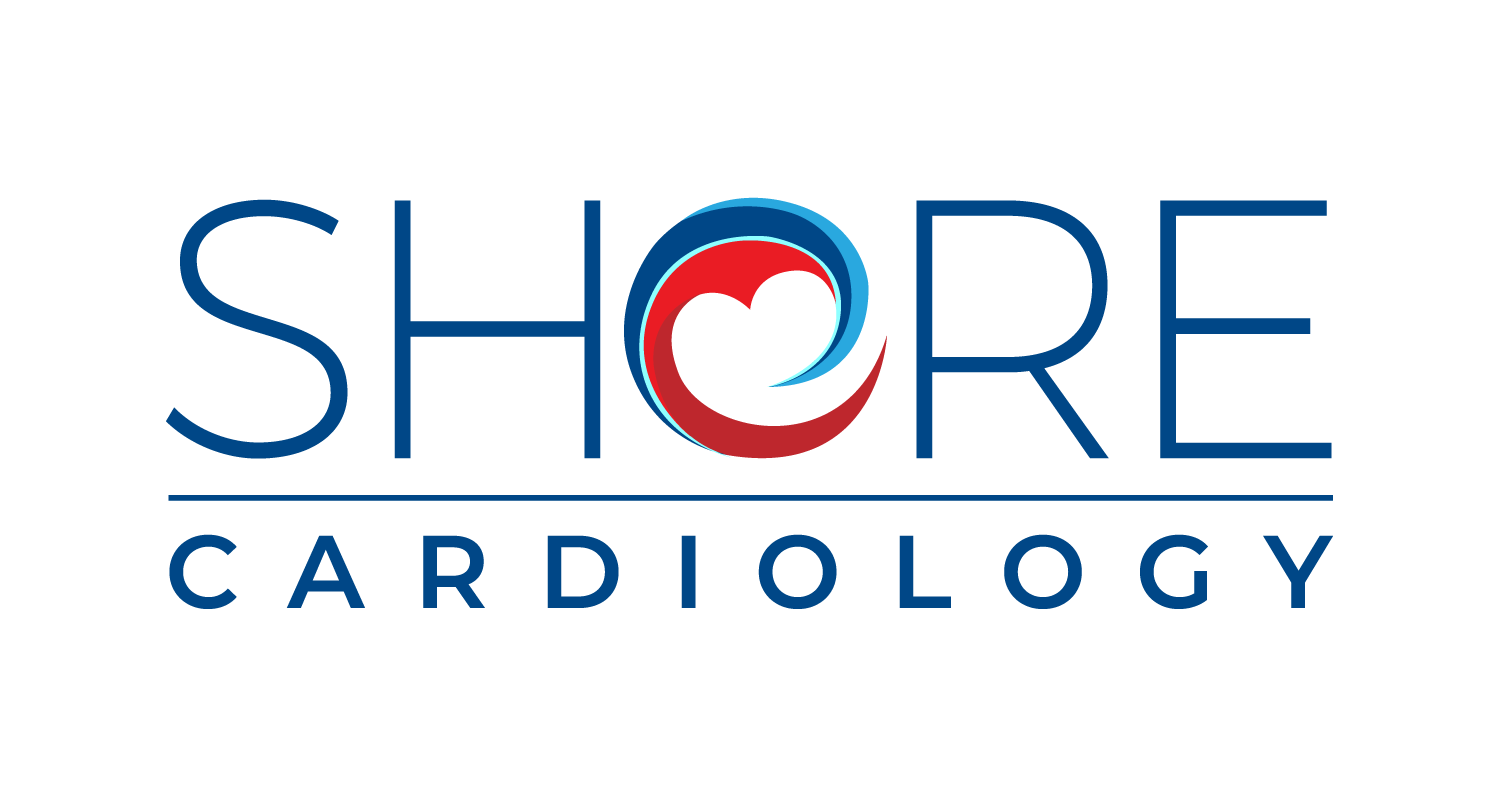5 Evidence-Based Ways to Improve Your Blood Pressure Starting Today
Hypertension, or high blood pressure, is one of the leading risk factors for heart disease, stroke, and kidney damage. Fortunately, evidence-based lifestyle modifications can significantly improve blood pressure control—often starting today.
At Shore Cardiology, we believe in empowering you with proven strategies that are easy to integrate into daily life. If you're new to this topic, we recommend starting with our guide: What is Hypertension?
1. Reduce Your Salt (Sodium) Intake
High dietary sodium is one of the strongest dietary contributors to elevated blood pressure. According to the European Society of Cardiology (ESC), adults should aim to consume less than 5 grams of salt per day (approximately 2 grams of sodium) to help prevent and manage hypertension.
Practical Tips:
Choose fresh ingredients: Prioritise unprocessed foods like fruits, vegetables, legumes, and lean protein.
Read food labels: Aim for foods marked “low sodium” or “no added salt.”
Replace salt with flavour enhancers: Use herbs, garlic, vinegar, or lemon juice instead.
ESC Recommendation: Lifestyle interventions including salt reduction should be offered to all patients with high-normal BP or hypertension. (ESC/ESH Guidelines 2023)
For more on contributing factors, see our article on the Causes of Hypertension.
2. Increase Physical Activity
Regular aerobic physical activity lowers systolic and diastolic blood pressure by an average of 5–8 mmHg. The ESC recommends 150–300 minutes of moderate-intensity or 75–150 minutes of vigorous aerobic exercise weekly.
Evidence-based actions:
Brisk walking (30 minutes, 5–7 days/week) is a great starting point.
Include resistance training twice a week to support vascular function and metabolic health.
Find activities you enjoy to increase adherence (e.g. swimming, cycling, dancing).
ESC Recommendation: Physical activity should be promoted as a routine part of blood pressure management for all patients. (ESC/ESH 2023)
Looking to combine exercise with clinical care? Shore Cardiology can recommend tailored exercise solutions through trusted partners like Plexus Personal Training.
3. Manage Stress and Prioritise Sleep
While acute stress may cause temporary BP spikes, chronic stress is linked to sustained hypertension, often through behavioural pathways like poor sleep, overeating, or reduced physical activity.
What works:
Mindfulness techniques (meditation, breathing exercises)
Sleep hygiene: Aim for 7–9 hours of sleep per night.
Digital detox: Limit screen time, particularly before bed.
ESC Recommendation: Stress management and improved sleep quality may benefit BP control, particularly in those with resistant hypertension or high stress burdens.
Visit our article on Hypertension Treatment Options to explore a comprehensive approach.
4. Stay Hydrated (With Water)
While hydration alone is not a primary treatment for hypertension, adequate fluid intake supports circulatory and kidney health—important for long-term blood pressure control.
Simple strategies:
Drink water regularly: About 1.5–2 litres/day, adjusted for age, environment, and health status.
Limit alcohol: Men should limit to ≤2 standard drinks/day and women to ≤1.
Avoid sugary beverages: These contribute to weight gain and insulin resistance, worsening hypertension risk.
ESC Lifestyle Tip: Reduce excess caloric and alcohol intake alongside improving hydration habits for optimal blood pressure and metabolic outcomes.
5. Monitor Your Blood Pressure at Home
Home blood pressure monitoring (HBPM) is strongly recommended by the ESC to guide diagnosis and track the effectiveness of interventions. It allows for earlier detection of white coat or masked hypertension and can guide therapy adjustments.
Evidence-based monitoring tips:
Use a validated upper-arm cuff: Wrist monitors are not recommended unless properly validated.
Follow a protocol: Measure twice in the morning and evening for 3–7 days.
Record your readings: Share these with your healthcare provider regularly.
ESC Recommendation: HBPM is essential for accurate BP monitoring and should be encouraged in all hypertensive patients.
Check out our resource on How to Monitor Your Blood Pressure at Home for step-by-step guidance.
Final Thoughts
Improving your blood pressure doesn't always require medication. In fact, lifestyle interventions can reduce systolic BP by 5–15 mmHg, sometimes delaying or reducing the need for drug therapy. These five steps are supported by high-quality evidence and form the cornerstone of modern hypertension management.
If you have elevated or high blood pressure, Shore Cardiology is here to provide expert, personalised care. Explore our resources on What is Hypertension?, Causes of Hypertension, and Hypertension Treatment Options to take control of your cardiovascular health today.
Why Choose Shore Cardiology?
We believe in evidence-based care that empowers you. Whether you're newly diagnosed or seeking better control, our team provides expert assessment, education, and management—tailored to your needs.
Contact us today to book your consultation and take the next step in improving your blood pressure and overall heart health.

